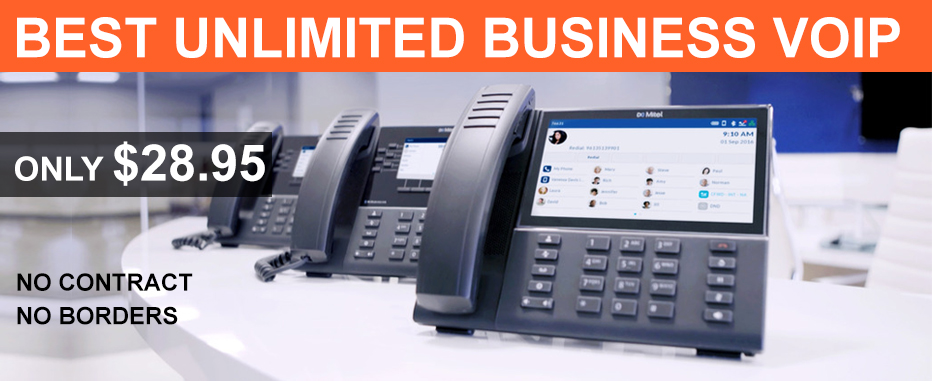
Cheap Internet
In this Guide
Fibre to the Curb is the newest technology being used as part of New Zealand’s National Broadband Network. And it also happens to be one of the most exciting.
Almost 1.5 million homes and businesses will rely on NBN FTTC technology, with the first connections having gone live at the end of March.
If you’re one of these lucky million, we’ve got you covered. In this guide, we’ll look at what FTTC is, what you’ll need to get online, and what FTTC means for you.


What is Fibre to the Curb?
FTTC is a new connection technology where high-speed fibre optic cable is laid directly to your property’s curb or driveway (a distribution point), and the final connection to your house or business is made with your existing copper phone line.
As you can see in the image above:
- NBN has Points of Interconnect (POIs) around the country that connect to the wider internet. These are usually located in the old telephone exchange building in your suburb.
- A fibre optic cable connects the POI to an NBN Node closer to your house.
- Fibre optic cable connects the Node to a distribution point under the street near the front of your house.
- Your copper phone line connects the distribution point to your house.
While all NBN connections get you online, FTTC has a couple of unique benefits.
Since only a small amount of copper is required to connect your house to the distribution point, you won’t lose any speed over FTTC. Using large lengths of copper to deliver internet access can result in serious speed degradation; the longer the copper, the slower the internet.
For example, with to fibre to node (FTTN) connections you need to be within 400 meters of your neighborhood’s node to have any chance of maxing out your internet speeds, but many homes will be much further away — even up to a kilometer from the Node. An FTTC connection will use a comparatively tiny amount of copper, so you won’t see any speed degradation due to distance.
The small amount of copper also means FTTC connections are futureproofing. NBN Co says future FTTC upgrades will be able to achieve speeds of up to 1Gbps, or ten times faster than the current maximum NBN speed.
What equipment will I need for FTTC?
When you connect to the National Broadband Network over FTTC, you’ll need a NBN Connection Device and a wireless router. NBN Co will provide the NBN Connection Device, while your internet service provider typically provides you with a router.
The NBN Connection Device will require a power outlet and a connection to a telephone wall socket using a RJ11 cable (the same kind of cable that connects your landline phone or ADSL modem to a wall socket).
You’ll use an Ethernet cable (included in the box with your router) to connect the Connection Device to your wireless router, which will also require it’s own power outlet. Your wireless router provides internet to the rest of your devices, and can also be used for a NBN compatible telephone.
In most cases, NBN Co will not need to do any work inside your home to setup your FTTC connection.




